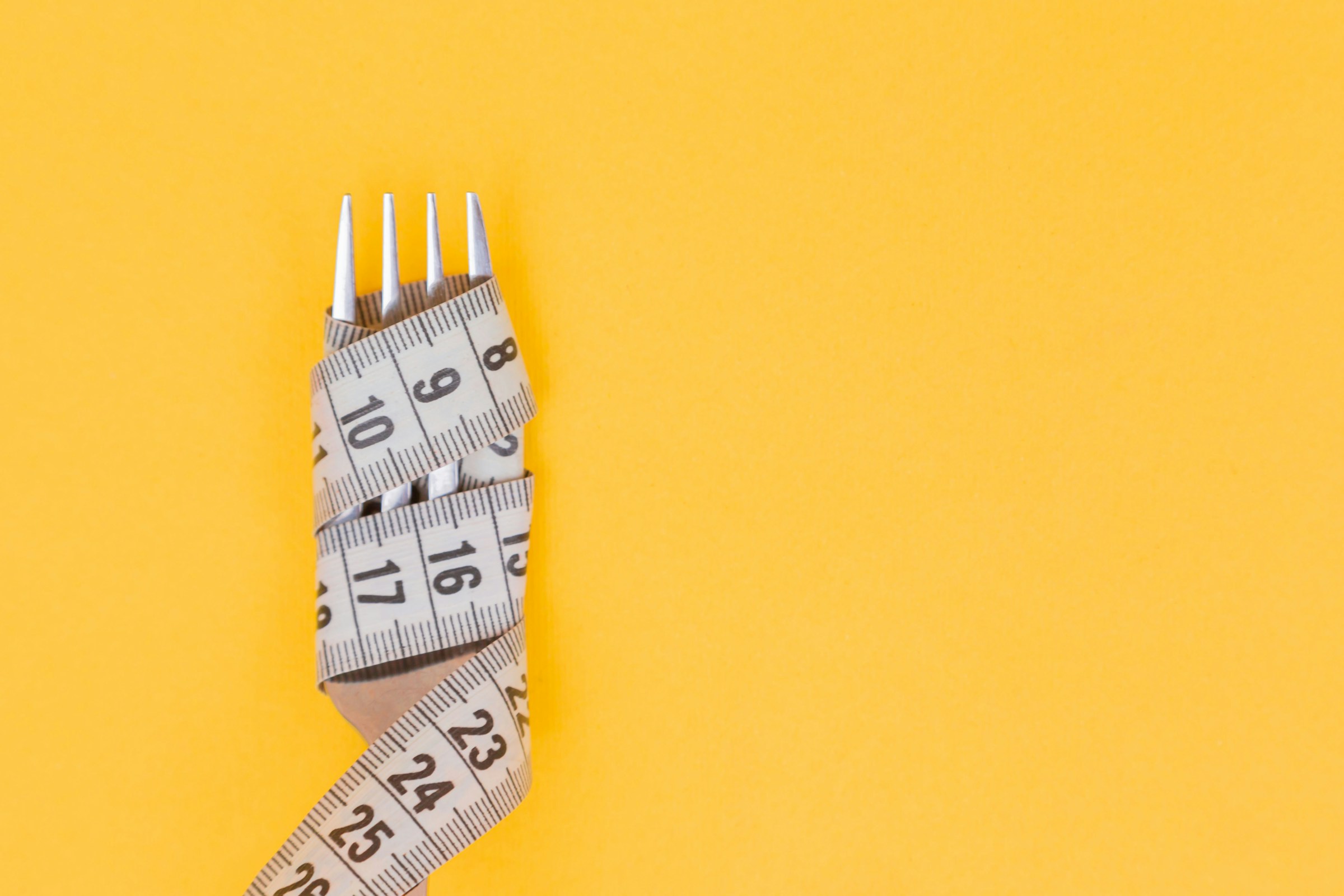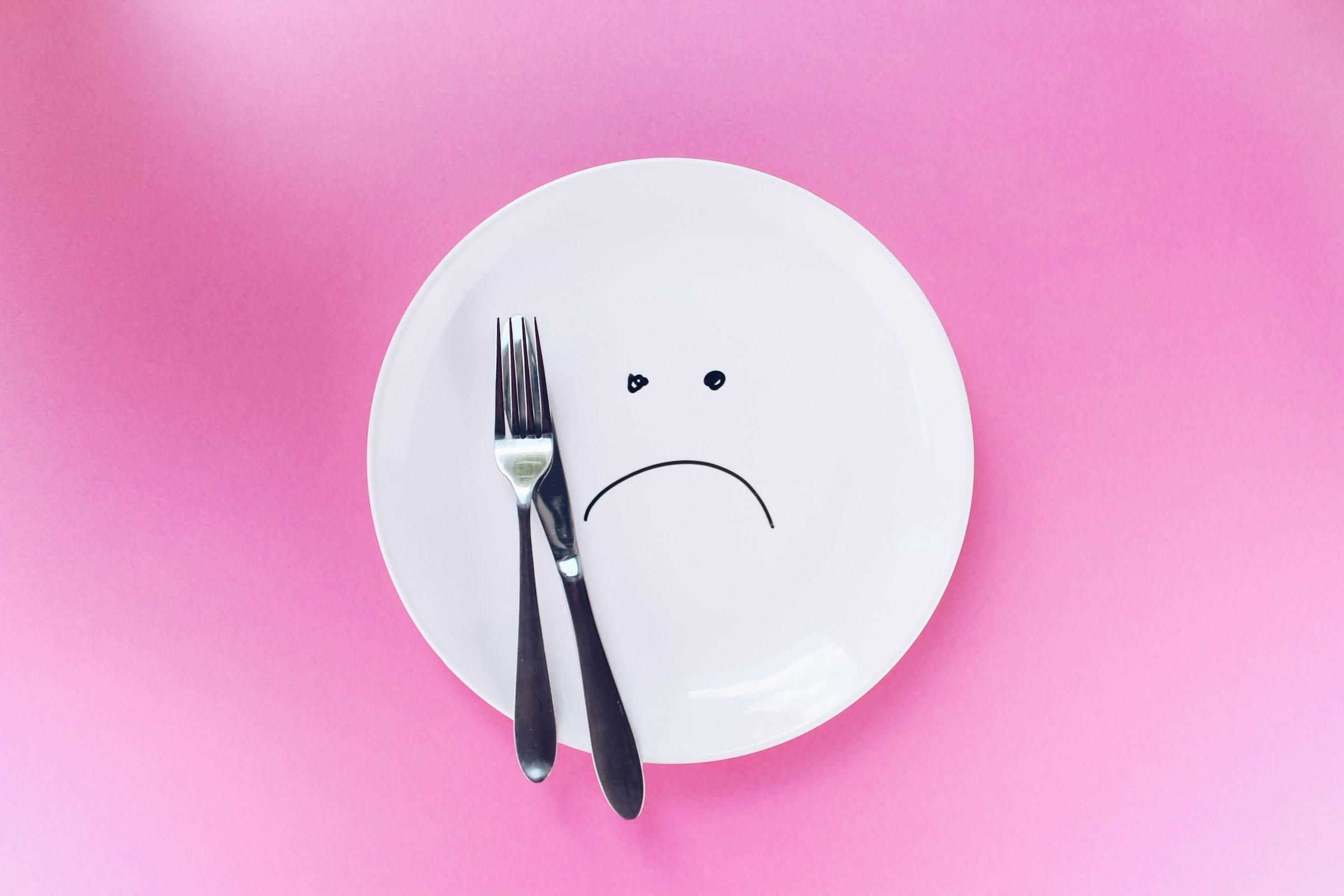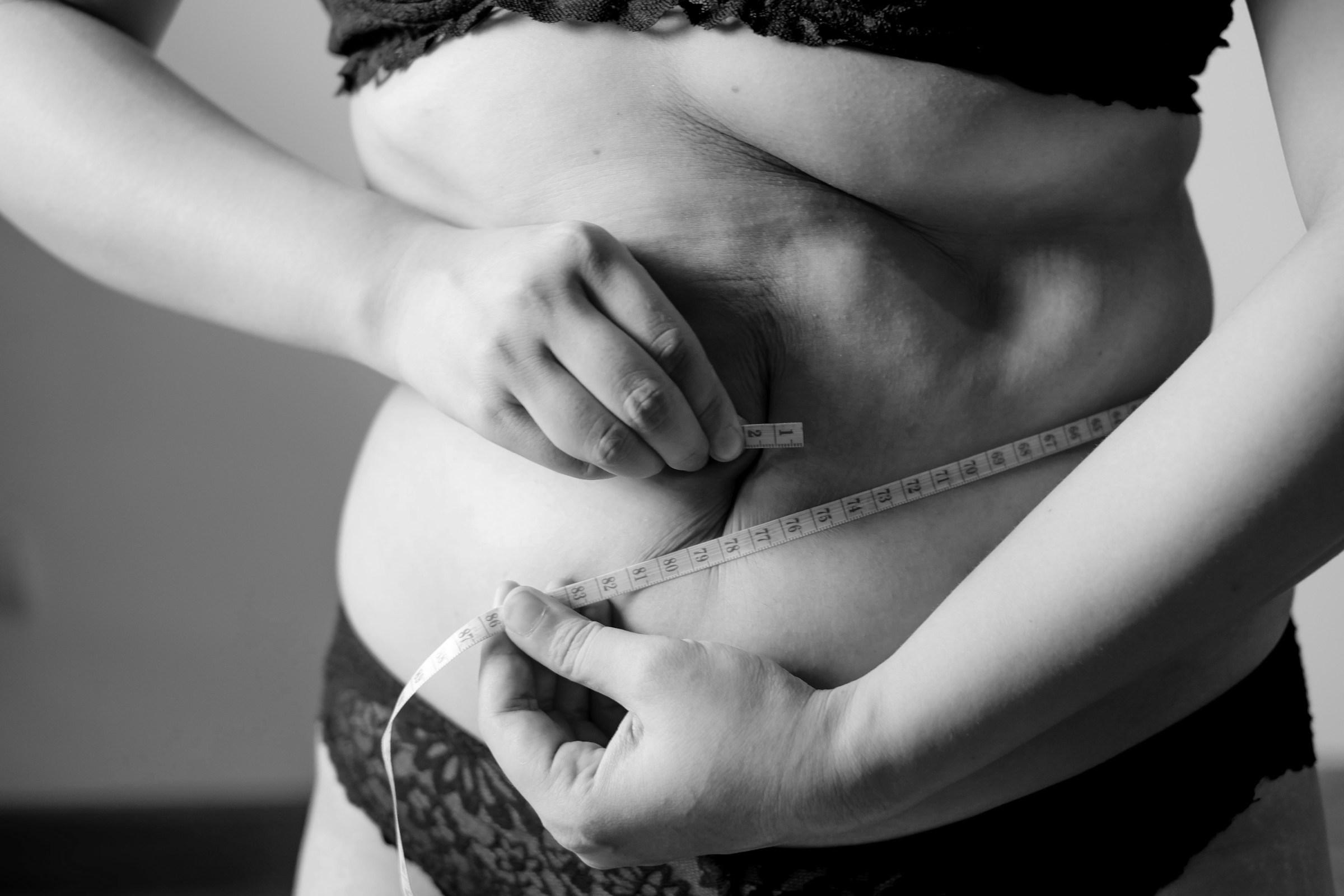At fifty, the rules of weight loss feel different because the body has learned new rhythms. Recovery speaks up. Muscles recover slowly and demand steadier attention. Sleep becomes the quiet negotiator behind every good decision. The strategies that once worked in your thirties or early forties may now deliver only frustration. This is not failure. It is a signal to change the design of your days so that your health gets the same planning and respect you give to everything else that matters.
The first change happens in how you think about effort. What moves the needle after fifty is not explosive intensity but reliable sequence. Strength training anchors the week, and it does not need to be flashy. Two or three full body sessions of about forty minutes are enough when you choose movements that recruit many muscles at once. Use a chair to guide a safe squat pattern. Learn a hip hinge that lets your hips, rather than your lower back, carry the load. Include a simple push and pull so the shoulders and upper back remember how to share work. When you treat strength as a standing appointment, muscle becomes an ally that lifts your daily metabolism and makes every staircase feel more honest. This is not about chasing personal records. It is about building a body that handles life with less negotiation.
Nutrition shifts from heroic to predictable. Protein stops being a brag and becomes a baseline. Breakfast earns its place again with eggs, yogurt, tofu, or tempeh, and the day settles more easily when lunch includes a palm or two of fish, chicken, lentils, or beans. Dinner closes the gaps rather than trying to rewrite the day. Cooking in batches helps. Prepare two or three protein anchors on Sunday, keep vegetables washed and ready, and let sauces and spices make repetition feel like choice rather than punishment. You do not need to count like an accountant. Estimation improves with practice. Enough protein supports your training, steadies appetite, and protects sleep. Enough fiber from fruits, vegetables, and whole grains keeps energy even. Enough water keeps joints and digestion cooperative.
Walking turns into architecture rather than a chore. You do not need to perform in a gym to earn results. Fold steps into places where your life already moves. Take calls while walking. Park a little farther from the office or the shop. When heat or rain makes outdoor walks unappealing, use a mall loop or a quiet corridor. The objective is not a perfect step count. The objective is a day that offers less friction to movement. Those extra steps help appetite signals behave, smooth your mood, and support joints that prefer invitations over punishments.
Sleep is the keystone habit that nobody sees, yet it holds the others in place. Earlier dimming of lights, a caffeine cutoff by early afternoon, and phones that go to sleep outside the bedroom create the conditions for real recovery. When sleep is regular, hunger hormones stop shouting, cravings lose their script, and your ability to choose well improves. Treat the hour before bed like the foundation of tomorrow. You do not need monk like discipline. You need a repeatable routine that makes rest predictable.
Your kitchen begins to reflect your intentions. The homes that support change look slightly edited rather than extreme. Fruit is visible and protein is ready to use. Treats exist, but they are not stored in bulk and they do not sit at eye level. Takeaway menus still live in the drawer, but they move behind the cooking tools you use most. You keep a default dinner that is quick to prepare and simple to clean. When social plans arrive, you enjoy them with soft boundaries. Order what you love, share the richer sides, and let the second drink be a rare guest. This approach is not austerity. It is preference with a plan, which is much easier to repeat.
Health checks become part of the conversation rather than an afterthought. Past fifty, clarity is kindness. Ask your doctor for a basic panel. Look at thyroid function, lipids, and glucose. Review medications that might alter appetite, fluid balance, or weight. Women approach perimenopause and menopause with data rather than dread and consider how symptoms affect energy and sleep. Men treat loud snoring or daytime fatigue as reasons to screen for sleep apnea, since better oxygen and better rest often unlock weight loss that stalled for mysterious reasons. If a clinician suggests modern tools such as GLP 1 medications, view them as scaffolding rather than a permanent architecture. Nutrition, movement, and sleep remain the foundation.
Community matters, but only when it fits your personality. Some people thrive in small group classes where a coach watches form. Others prefer a walking buddy who complains less about rain than you do. A few want solitude with a timer and a playlist. Choose the version that applies a healthy pressure with no performance anxiety. The point is to be seen just enough that you show up when motivation is quiet.
Travel used to break every routine. It does not need to anymore. A simple resistance band in your suitcase turns any room into a place where you can perform pulls, presses, and squats. Breakfast includes protein by default, even if it is only yogurt, fruit, and a hard boiled egg. A twenty minute hotel room circuit covers the days when the schedule will not cooperate. Steps come from exploring neighborhoods on foot rather than sitting in cars for every short journey. The goal is not control. The goal is a soft landing when you return home, because you did not let a trip erase your identity as a person who takes care of their body.
A weekly ritual keeps everything moving. Many people find Sunday useful. Groceries arrive with a plan rather than as a guess. You pick three proteins, a generous spread of vegetables, and one treat that looks like joy rather than sabotage. Training clothes are laid out where excuses can see them. The calendar holds your lifting sessions like meetings that pay dividends. Motivation is allowed to be fickle because the system carries you forward. When the first session of the week is complete, motivation usually returns on its own.
Progress rarely shouts at this stage of life. It whispers. The mirror runs on a delay, so patience becomes a real skill. Clothes start to fit differently. Stairs feel shorter. Sleep smooths out. The scale becomes a measure instead of a verdict. Each of these signals is a vote for the life you are building. If you lose a week to illness or family demands, you do not apologize to yourself. You resume the next small step. This rhythm is what keeps weight off rather than what only takes it off.
The language you use with yourself matters. You are not on a program. You are practicing a role. You act like a person who lifts with care, eats with intention, walks when the day allows, and treats sleep like a non negotiable. When you hold that role for long enough, the results start to match the identity. The story improves not because the math of metabolism changed in your favor, but because you aligned your habits with the reality of your body and your calendar today.
There is a line that helps when the day feels loud. Keep it quiet, keep it repeatable, keep it kind to your future self. The win is not the perfect workout or the perfectly measured meal. The win is showing up often enough that your body learns it can trust you again. When that trust returns, weight begins to move, energy lifts, and you feel at home in the body you already live in. Effective strategies for weight loss after 50 look simple from the outside, which is why they are often dismissed. They are powerful precisely because they fit real life.














